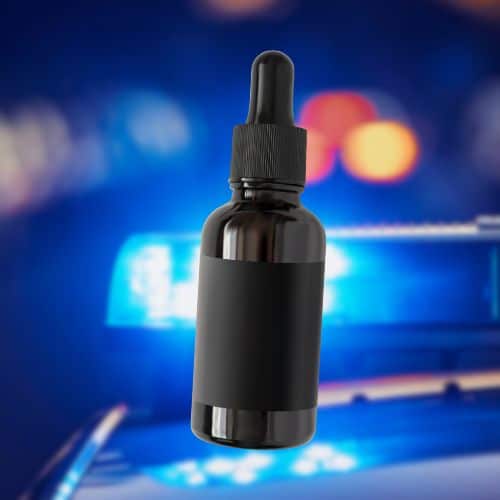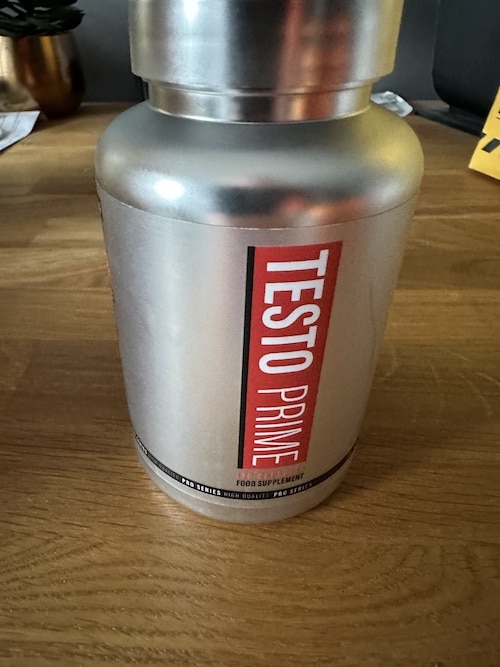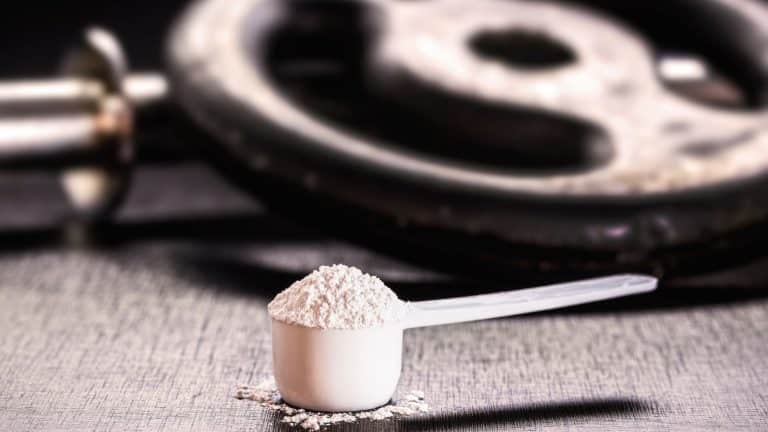Are SARMs Legal In The UK?
You’ve likely heard that performance-enhancing agents SARMs can help you build muscle mass and strength. But are SARMs legal in the UK? Our strength expert Ben Hardman clarifies the details right here…
Are you into building muscle and looking to enhance your training? Wondering if SARMs (selective androgen receptor modulators) are the next big thing to help with your progression?
SARMs are the talk of the fitness world at the minute. Whether it’s from one of the guys down at the gym or when you’ve been scrolling through social media, the hype around SARMs has been building.
A big question still remains though around the legality of SARMs.
I’ve Googled ‘Are SARMs legal UK’ myself before and didn’t get a straightforward answer. I realised I’d have to dig a whole lot deeper.
So, after plentiful research, this article will explain everything you need to know about SARMs and their legal status in the UK.
Are SARMs legal (UK)?
SARMs are currently sitting in a grey area in terms of their legality.
It all depends on the intended use; in some use cases they are legal, whereas others they are illegal. Understandably, this has led to confusion and misunderstanding when you read it at a glance, but it can be summarised more easily.

At the time of writing, there are two main things you need to understand on SARMs legal status:
- Legal: research purposes only ─ SARMs can only be legally bought as a ‘research chemical’ for laboratory purposes.
- Illegal: not for individual human consumption ─ SARMs are not approved for human consumption as per the UK Food Standards Agency (FSA). This makes it illegal to sell and buy SARMs for individual use.
This distinction is essential, as it allows for SARMs to remain available for scientific investigation, whilst not promoting their direct use as a nutritional or sports supplement.
The ambiguity on the topic is because SARMs are classed as a ‘novel food’. In the FSA’s eyes, they don’t have a ‘history of consumption’, therefore it’s not entirely clear what to classify them as. Their current status reflects that more research is needed on SARMs to understand their long-term safety and health implications. I think this is fair enough.
It’s important to say that SARMs are also not classified as ‘scheduled drugs’. This means that they can still be sold legally (for research purposes) in the UK. It’s a similar story in the US market too.
The bottom line is this: SARMs are technically legal in the UK, but not approved for human consumption. The person down at the gym trying to build big muscle should not be buying and consuming SARMs for their individual use.
The same applies for athletes and professionals in sport. The World Anti-Doping Agency (WADA) has classified SARMs as performance-enhancing substances. WADA has prohibited the use of SARMs by athletes.
What are SARMs?
SARMs, as you may have already noted, stands for Selective Androgen Receptor Modulators. The use of SARMs has recently grown in popularity due to their ability to promote muscle growth and enhance physical performance.
Some of the most popular types of SARMs include Ostarine (MK-2866), Ligandrol (LGD-4033), and Testolone (RAD-140).
It’s important to note that SARMs aren’t natural. All of these types of SARMs are synthetically manufactured. In general, SARMs are made from a combination of chemical and herbal compounds.
As the name suggests, SARMs target androgen receptors. Androgens are ‘male hormones’. They play a crucial role in male development, which includes muscle growth, the maturity of physical attributes, and in sexual development too. Testosterone, for example, is the most well-known (and important) androgen.
What Do SARMs Do?
SARMs were discovered as performance-enhancing substances in the late 1990s after being synthetically created.
SARMs enhance performance by stimulating anabolism, which is the build-up of molecules into more complex structures. This is what happens with muscle growth, hence the interest from the fitness and bodybuilding communities.

This is what anabolic steroids do too. Although SARMs act in a similar manner, they are distinct and are not classified as anabolic steroids. So what’s the difference?
Anabolic steroids are synthetic hormones designed to mimic testosterone. They bind to androgen receptors all over the body.
SARMs are also made to stimulate testosterone levels, but they’re designed to only bind to specific types of androgen receptors. The idea is for SARMs to only target androgen receptors involved in muscular development and not impact other organs and tissues in the body. How accurate this works in real life remains to be seen.
SARMs are also said to aid the recovery process, meaning athletes and gym-goers can increase their output levels.
There’s no doubt that this is enticing for anyone looking to put on lean muscle mass. But SARMs are not without their issues.
Risks Of Taking SARMs
Thanks to the selective way in which SARMs are designed to work, it’s thought that they are safer and lead to fewer side effects in the body.
But there are potential risks with SARMs. The main one being that they are largely untested over the long term.
Despite the theoretical upsides, research on SARMs is still in its early stages with very little research completed on humans. With the availability of SARMs for research only in the UK, there are a couple of trials in progress. But without the insights into their full impact on the body, taking them is a risk.
This is especially true when you’re influencing testosterone levels. Testosterone should not be manipulated haphazardly. We’re talking about arguably the most important hormone in the male body. Altering T levels can affect sexual activity, your mood and mental health, amongst other aspects.
Couple all this with the fact that SARMs aren’t approved for human consumption (as of yet), it’s clearly very unwise to be taking them. The science needs to be respected, as does testosterone, as does the law.
Legal Alternatives To SARMs
With the use of SARMs restricted in the UK, individuals who want to improve their muscle mass and athletic performance should seek legal alternatives.
There are alternative supplements that can provide similar benefits as SARMs without the legal and potential health risks associated with them.
For example, natural testosterone boosters can be taken to enhance muscle growth and strength. These supplements are both legal and derived from natural sources. Natural testosterone boosters often contain ingredients, such as D-aspartic acid, fenugreek, ashwagandha and zinc.
I’d also say make sure you’re supplementing with some of the basics like protein powder and creatine, as well as getting plenty of sleep and daylight. Some of these may sound simple and obvious, but they can go a long way.









